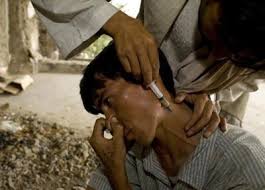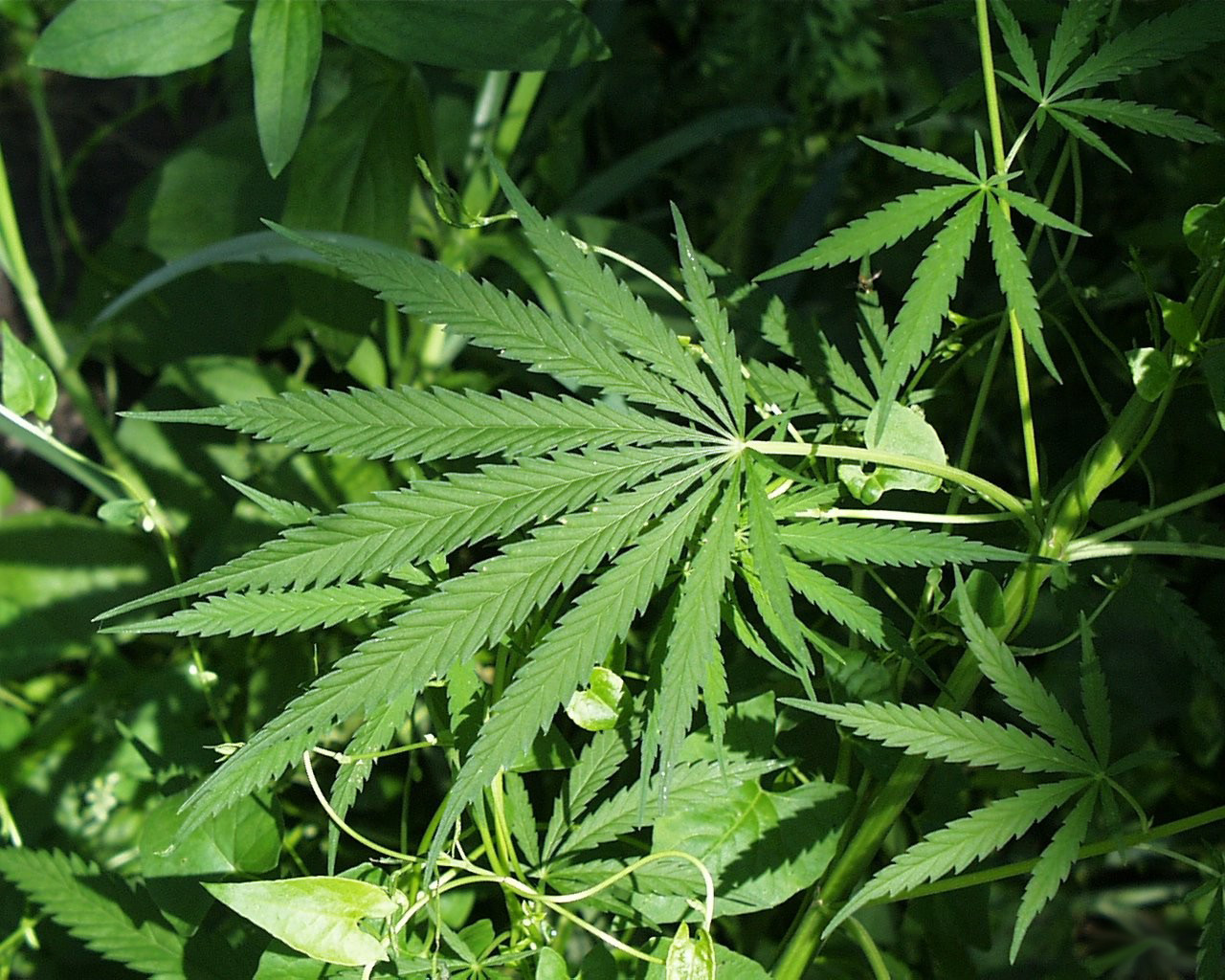Total liberty in drug addiction recovery

Total liberty in drug addiction recovery includes prevention campaign and awareness
Total liberty in drug addiction recovery: The compound nature of addiction
The genesis of finding total liberty in addiction recovery is rested on the understanding the deep connections between the psychological, emotional and physical aspects of addiction which are at the heart of every addiction recovery program. Doctor Akoury recommends that in order to break the habit and culture of relying on substance abuse as a solution, it is very important that the individual makes simultaneous changes in their attitudes and coping skills taking into consideration that drugs are chemicals which not only change the way the brain works, but often have been used to numb or dull unwanted emotions by the user. When thoughts and feelings begin returning from the haze of drug abuse, their force and clarity can be shocking to an addict, who has in many ways stunted their ability to appropriately manage them. That is why it is always advisable that this be done in good time since early recovery can be a roller coaster of relief, anxiety and a spectrum of emotional responses while an addict begins to confront their life again. The tools learned in treatment will prepare a recovering addict for the challenges ahead, ensuring they have the help and support necessary to achieve freedom from addiction and have the full restoration of their lives to live it to the fullest.
Total liberty in drug addiction recovery: Recovery program of relapse prevention
Like we have mentioned before that recovering from the scourge of addiction is a continuous process it is important to note that there is a lot more in staying sober than just trying to cultivate the strength and spirit of saying no to one’s substance of choice. The training and treatment being done during addiction recovery will prepare an individual to prevent falling back into his or her old habits of using alcohol or drugs and also to help then in dealing with all the problems and stress. Relapse prevention is a cognitive-behavioral approach with the goal of identifying and preventing high-risk situations and understanding warning signs. It is worth noting that for an effective prevention to be realized, it has to begin well before the opportunity for relapse occurs, with a comprehensive plan accounting for social interactions, emotional triggers and the development of positive coping mechanisms.
Finally we must appreciate that staying sober is not going to be a one man show, it is essential that recovering addicts and alcoholics interact on a regular basis with other people including those who understand the complex nature of addiction and who can offer moral support. Remember that in the process of recovery, there are times when individuals are feeling isolated by the disease process itself and having a figurative set of tools to handle these situations is important. Cognitive techniques provide people with ways to reframe habitual thinking patterns and change the process, this is what we want to offer to you at AWAREmed Health and Wellness Resource Center and paired with behavioral techniques including the use of lifestyle modifications to promote individuals healthy coping mechanisms, and keep sobriety as a stable way of life. Therefore if you have any further concerns then you can now schedule for a one on one appointment with doctor Akoury for that session of professional sharing.
Total liberty in drug addiction recovery: The compound nature of addiction
http://www.awaremednetwork.com/









